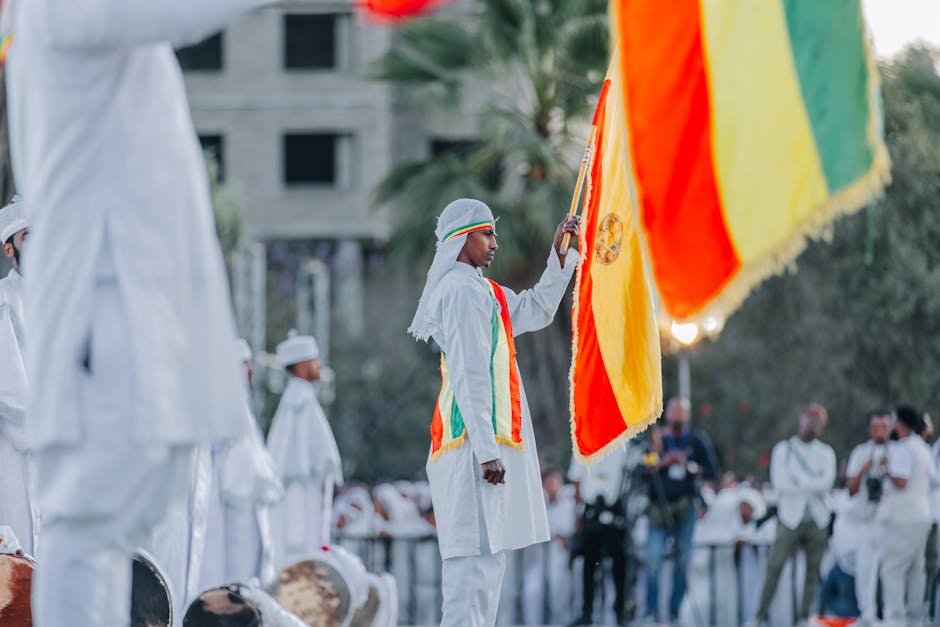Christian Nationalism and Trump’s Africa Strategy
The fusion of religion and politics has increasingly defined U.S. foreign policy, especially under Donald Trump. Analysts argue that Christian nationalism—an ideology blending American identity with conservative Christianity—has significantly influenced Trump’s approach to Africa. This raises urgent questions about the goals behind U.S. engagements, from aid programs to diplomatic partnerships.
The Surge of Christian Nationalism in U.S. Governance
Christian nationalism has deep roots in American politics, but its prominence grew during Trump’s presidency. Advocates claim the U.S. was founded as a Christian nation and that policies should reflect biblical values. Trump, leveraging evangelical support, appointed key figures like Mike Pompeo (Secretary of State) and Sam Brownback (Ambassador for Religious Freedom), who framed global issues through a faith-based lens—often prioritizing Christian interests abroad.
Trump’s Africa Policy: Faith Over Pragmatism?
Under Trump, U.S.-Africa relations shifted toward religious liberty and anti-abortion agendas, marked by:
1. Abortion Aid Restrictions
The expanded Mexico City Policy barred U.S. funding for NGOs linked to abortion services, severely impacting Africa’s healthcare systems. In countries like Kenya and Nigeria, clinics lost resources for HIV/AIDS prevention and maternal care, worsening public health crises.
2. Selective Focus on Christian Persecution
The State Department emphasized violence against African Christians (e.g., Nigeria’s Boko Haram attacks) but downplayed persecution of Muslims and secular groups. Critics called this imbalance politically motivated, ignoring broader human rights violations.
3. Partnerships with Conservative Regimes
Trump allied with leaders like Uganda’s Yoweri Museveni, known for anti-LGBTQ+ laws, signaling a preference for ideological alignment over democratic values. These ties risked legitimizing authoritarianism under the guise of shared religious values.
Consequences for African Communities
Christian nationalism’s imprint on U.S. policy had stark repercussions:
- Health Crisis: Aid cuts left millions without vital services, reversing progress on diseases like malaria.
- Sectarian Divides: Framing conflicts as “Christian vs. Muslim” fueled religious tensions in pluralistic societies.
- Distrust of U.S. Motives: Many Africans perceived policies as cultural imperialism, undermining America’s credibility.
The Future of U.S.-Africa Relations
While Biden reversed some Trump-era policies (e.g., the Mexico City Policy), Christian nationalism’s legacy persists. As the 2024 election approaches, Africa watches closely: Would a second Trump term intensify faith-driven diplomacy, or pivot toward pragmatic cooperation?
Key Takeaway:
Foreign policy must transcend ideological crusades. Africa’s diverse needs—from healthcare to governance—demand strategies rooted in equity, not dogma.
— NextMinuteNews




